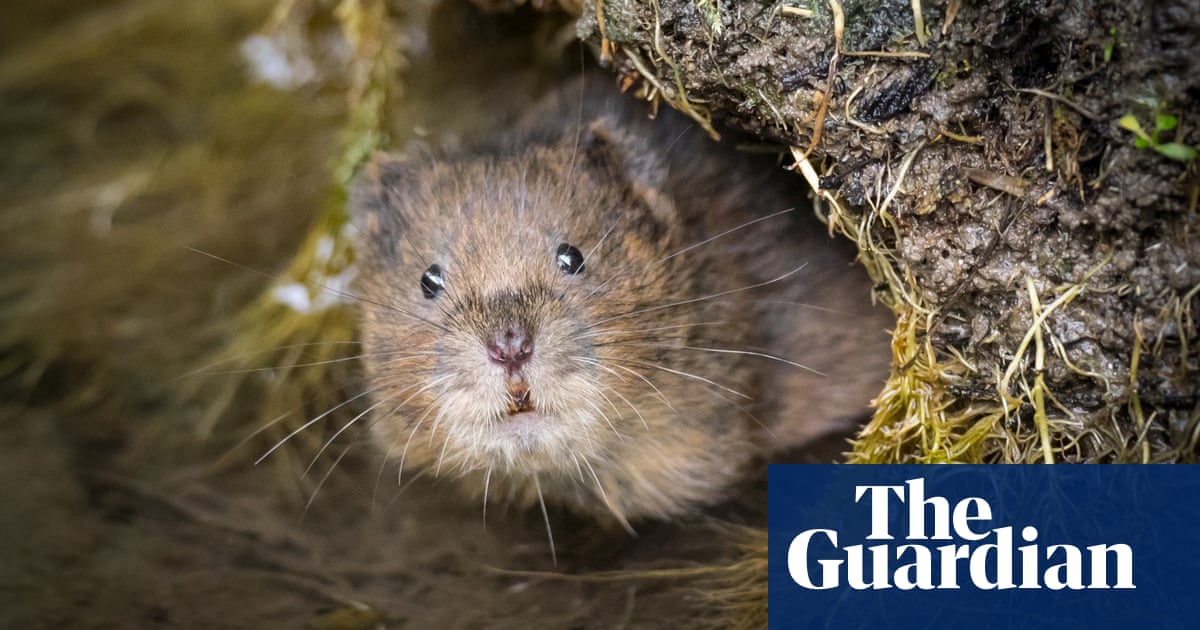To avoid pesticides, consider buying the fruits and vegetables that pose the least risk in a new analysis by Consumer Reports, and buying organic for those that pose the most. Below are answers to common questions about what other steps you can take.
Does washing remove pesticide residues?
Yes, some – but not all. Note that when the US Department of Agriculture tests a food for pesticides, it first washes and, in some cases, peels the food as a consumer would. So properly wash produce before you eat it raw or you cook it. (Cooking may eliminate some pesticides, but washing produce is still crucial.) That means running produce under cold water for 15 to 20 seconds. For heads of lettuce or other greens, turn them upside down after washing to drain. Use a soft brush to scrub the outside skin of items like apples, carrots and potatoes.
What about special washes or rinses?
There’s no need for anything other than water. There’s little evidence that soaps or special rinses wash away pesticide residues. And the USDA doesn’t use detergents or bleaches on any food it tests.
Does peeling or not eating skins help?
For items that aren’t always peeled but can be – like apples, potatoes and carrots – peeling likely removes some residues, but not all. That’s because some pesticides are systemic, meaning they’re absorbed into the plant. Peeling can have a downside, too, because the skins contribute healthy fiber and other nutrients, says Amy Keating, a registered dietitian at Consumer Reports, so if you like eating them, don’t get rid of them just to avoid pesticides.
Are canned or frozen versions better or worse?
It could go either way, according to our analysis. Canned tomatoes, for example, received a better score than fresh in our ratings, but frozen strawberries posed a higher risk than fresh. So we can’t reliably say that one form is safer than others, when it comes to pesticides. But our ratings can, in some cases, help identify which pose a lower risk.
Is ‘pesticide-free’ the same as organic?
That claim is increasingly seen on some packaged produce, but it doesn’t mean that something is organic – for that, you need to look for the USDA Organic label. And “pesticide-free” isn’t a regulated term, so you can’t be sure exactly what it’s telling you. On the other hand, you can have confidence that items with the USDA Organic label were grown according to national standards and with only minimum levels of pesticides, if any.
Is produce sold at farmers’ markets safer?
Maybe, but locally grown doesn’t necessarily mean organic. It can’t hurt to talk to the person selling the food about their farming practices, but a USDA Organic certification is the best guarantee.
Read more from this pesticide investigation:
Find out more about pesticides at Consumer Reports



